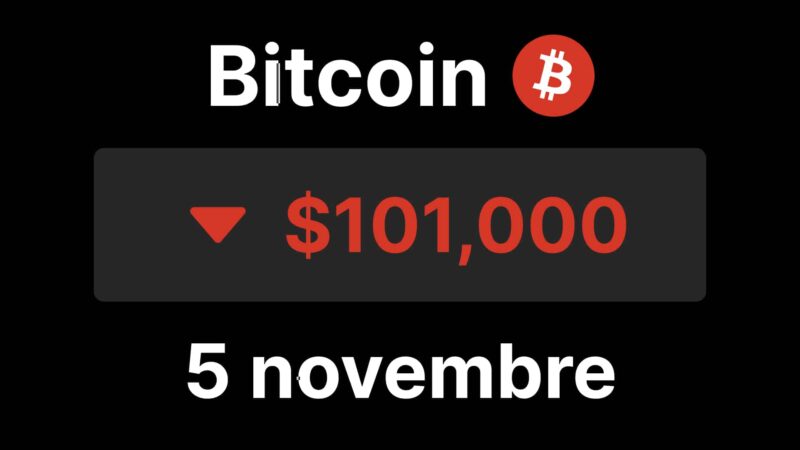Sponsorship:
BitPanda – Your Gateway to Investment
Bitpanda, a leading European investment platform, allows users to buy, sell, and manage a variety of financial assets, including cryptocurrencies, fractional stocks, indices, ETFs, and precious metals.
The platform offers over 3000 assets, including 500 crypto assets👇
Bitpanda provides features like Bitpanda Savings for automated savings and Bitpanda Staking to earn returns on your cryptocurrencies.
Want to learn more? 👇
ZEC: Zcash Surpasses $600 and Makes a Comeback in the Top 20 as Crypto Markets Bleed
Zcash (ZEC) makes a significant comeback by crossing the $600 mark, with a jump of 1270% in a year, reclaiming its position in the top 20 cryptocurrencies.
Thanks to advancements in the Tachyon Project and Zashi wallet, the ecosystem gains attractiveness, with a record trading volume of $1.8 billion. This surge reflects renewed interest in digital privacy as regulations tighten on anonymity tools.
This dramatic rally symbolizes a symbolic resurgence for the privacy pioneer, long overshadowed by Monero. The question remains whether this surge indicates a sustainable investor return or a speculative bubble fueled by derivatives markets.
MON: Monad Announces Airdrop and Public Blockchain Launch on November 24
Monad will officially launch its blockchain (Layer 1) and MON token on November 24th at 3pm.
The Monad project aims to combine the speed of Solana (blocktime of 400ms) while remaining EVM compatible.
A selective airdrop will target 225,000 verified on-chain users from major protocols like Uniswap, Aave, Hyperliquid, or Pump.fun, to enhance the network’s community governance.
The project is currently valued at $6 billion in FDV on the Hyperliquid pre-market.
Balancer Suffers Major Hack: Around $120 Million Gone
The Balancer protocol, a DeFi pioneer on Ethereum, fell victim to a massive hack estimated at over $120 million.
The attack exploited a flaw in a smart contract in the V2 version, used to drain several pools containing ETH derivatives (WETH, osETH, wstETH).
In response to the crisis, associated blockchains like Berachain even carried out an emergency hard fork to contain the damage.
This hacking, one of the largest of the year, caused the BAL token to drop over 7% and revived concerns about the security of DeFi protocols. In the crypto world, code security remains key: even established projects are not immune to vulnerabilities.
In addition to the recent massive attack, the Balancer protocol has experienced at least two other security incidents in the past: a first hack in 2020 totaling over $500,000 through a token burn mechanism exploit.
Then, in August 2023, a vulnerability led to a theft of around $0.9 million, followed by the compromise of the site’s frontend domain (fraud of about $238,000).
Regulation: EU Prepares Its Own SEC for Stock and Crypto Markets
The European Union is planning a major reform to assign supervision of stock and crypto markets to the ESMA (European Securities and Markets Authority). The goal is to create a European “SEC”, modeled after the American system, to unify regulation and avoid the current fragmentation among countries.
Today, each state has its own rules, complicating matters for businesses. By centralizing oversight, Europe hopes to strengthen its financial competitiveness and provide a clearer and more consistent framework for investors and crypto startups.
However, this reform faces political and economic resistance. Countries like Luxembourg or Ireland fear a loss of autonomy and a costly bureaucracy, while the crypto industry is concerned about increased obligations and compliance costs.
For the European Commission, on the contrary, a single ESMA supervision is essential after the introduction of the MiCA framework, to harmonize regulation and prevent loopholes.
Stream Finance Collapses: $93 Million Vanished, Unpegging and Legal Investigation Opened
The Stream Finance platform saw its funds decrease by approximately $93 million due to poor management by an external manager. As a result, withdrawals were suspended and its stablecoin xUSD, meant to stay at $1, plummeted.
It’s not just Stream Finance that is faltering. The drop of its tokens, including xUSD, xBTC, and xETH, threatens other interconnected protocols.
According to several analysts, over $280 million in loans and collaterals are directly or indirectly linked to these assets.
The stablecoin xUSD, used as collateral on platforms like Euler, Morpho, or Silo, has lost its peg. This “unpegging” is explained by a brutal chain of events: an exploit on Balancer, market panics, mass liquidations, and most notably, the discovery of recursive loan cycles (‘loops’) artificially inflating the TVL of several protocols.
The Explosive Case of deUSD
The deUSD, a yield-bearing stablecoin issued by the Elixir network, now finds itself at the center of the storm. Nearly 44% of its reserves are exposed to xUSD, making it particularly vulnerable if the situation worsens.
Elixir claimed to have full redemption rights at $1 with Stream, also asserting to be “the sole creditor to enjoy these 1-1 rights.” An announcement that the community did not welcome, noting once again a clear lack of transparency in DeFi.




